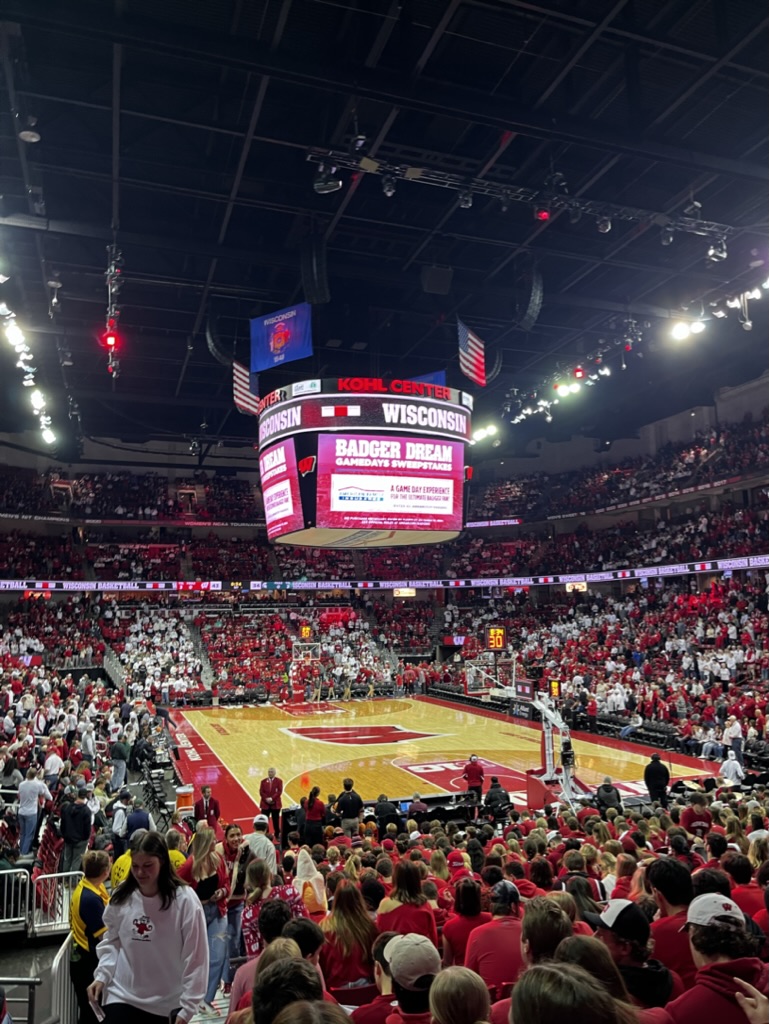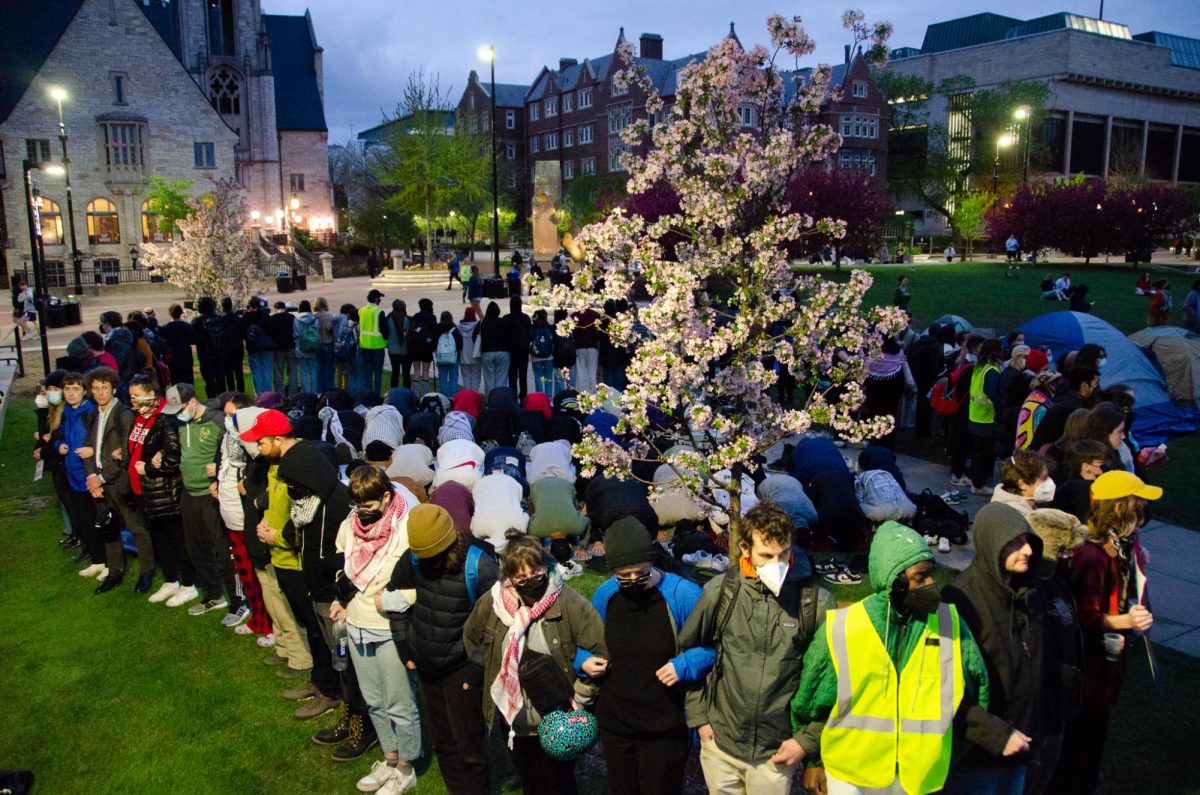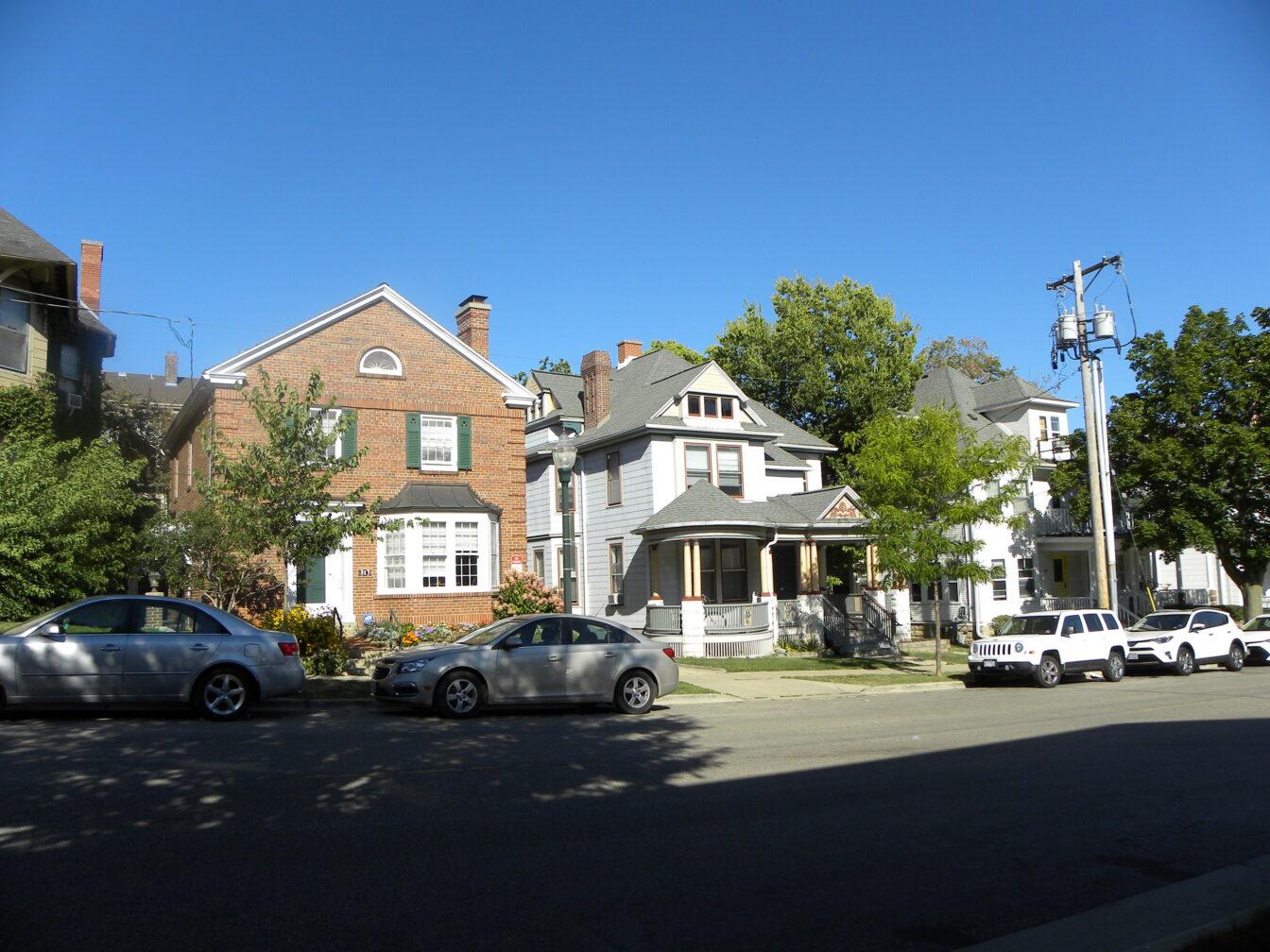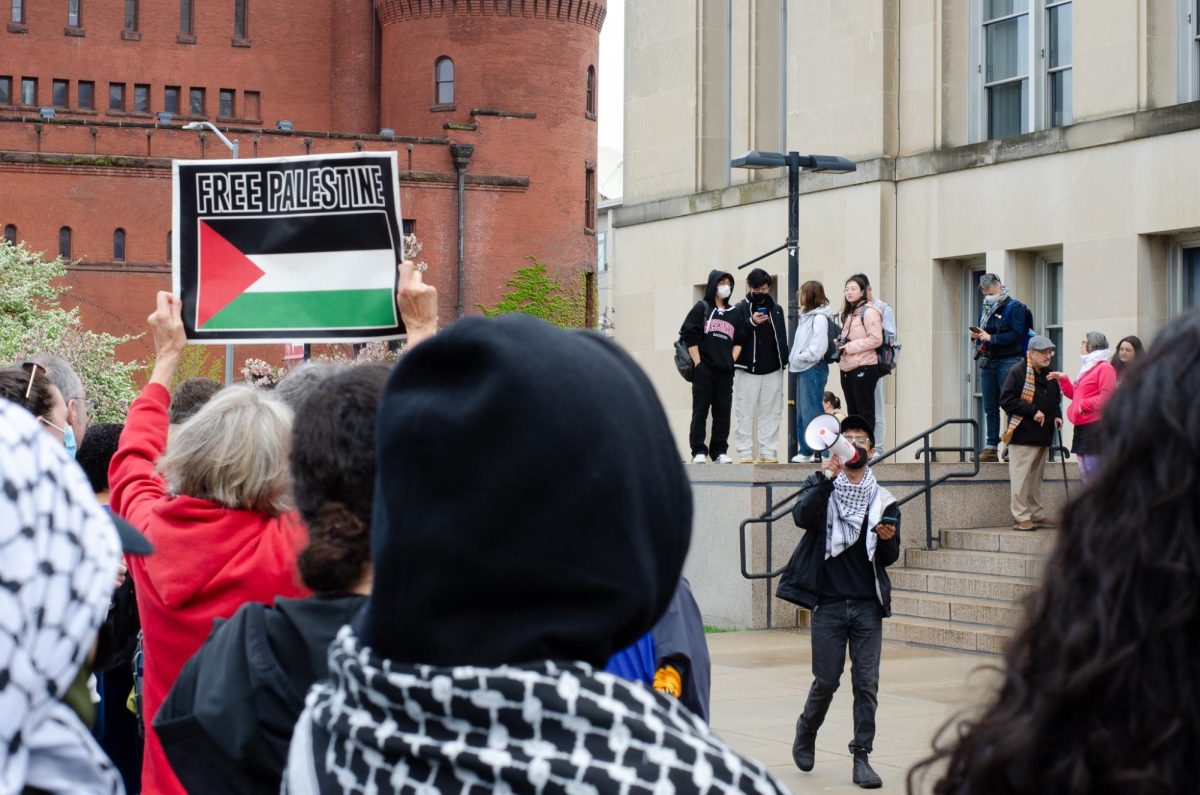As thousands of students begin signing leases for the 2024-2025 academic school year, stresses and uncertainties regarding leasing, roommates and location, have seen an increasing presence amongst students, University of Wisconsin students say.
Last year, housing problems for students were fueled by availability issues and the record number of freshmen admitted to the university in 2022, Chancellor Jennifer Mnookin said at an Associated Students of Madison meeting Sept. 28.
This year, UW enrollment has reached 50,662 students, which is the first time in the university’s history that enrollment has exceeded 50,000, according to UW News. At last month’s ASM meeting, Moonkin said she and her administration are working this year to provide more options for student housing in attempts to improve the housing situation as a whole.
Although there is no official date when leases open for signing in Madison, apartments generally start accepting applications for the next year in October, just over a month after most students move in, according to an article from The Badger Herald. This phenomenon is the result of a change in legislature in the 2011 Wisconsin Act 108, which waives a landlord’s obligation to wait to ask tenants to resign until the quarter lease is over.
Former UW student William Ochowicz founded a group called Madison is For People in 2020. It is an organization dedicated to making it easier to build housing in Madison and encouraging the city and state legislature to approve funding for affordable housing, Ochowicz said.
Ochowicz and his organization are dedicated to making lives easier for tenants. They recognize the hardships that accompany the time period of lease-signing in Madison as a pertinent issue, Ochowicz said.
“I used to get emails from landlords that read along the lines of ‘If you want to sign your lease, sign this form by next week, otherwise we’ll start marketing it,’” Ochowicz said. “That uncertainty is very uncomfortable as a student, especially when you’ve just moved into a place and you don’t know what you’re doing. I really believe that a change needs to happen. We should not be pushing people to sign leases so soon after moving in.”
It is not solely the change in legislation that is causing this issue, but also the incredibly low vacancy rates in Madison that eliminate landlord competition, allowing them to push harder for re-signing, Ochowicz said.
UW freshmen Katie Mastorides and Kiana Tardia have decided to room together next year, and describe their experience with finding housing as unnecessarily stressful due to a variety of reasons.
“We’re really stressed out because everywhere we’ve looked is getting re-signed or is already taken,” Mastorides said. “On top of that, all the places that are available are way out of our price range, and it just wouldn’t make any sense to live there. We’re also expected to find new roommates really soon, and we just haven’t had enough time to get to know other people to make that decision.”
Mastorides and Tardia said other students in UW residence halls see this time period as a heavy burden to bear while getting acclimated to university life, too. The current logistics of finding housing are incompatible with getting a good start to the semester, where the stress of settling on a place to live early into the year directly impacts a student’s ability to dedicate themselves to their studies, Mastorides and Tardia said.
Some students are looking into alternatives to traditional leases, such as UW freshman Elizabeth Benjamin who has decided to live in her sorority house next year.
Though not directly concerned with the city’s housing problem, Benjamin is very much aware of the stresses felt by her peers with finding housing. Benjamin said that the biggest issue she hears about is deciding who to live with because everyone is new and still in the process of getting to know their peers.
Some other alternatives that students have turned to instead of traditional leases include the Zoe Bayliss Housing Cooperative and Babcock House. The Zoe Bayliss Women’s Cooperative is a community for women and non-binary students at UW who share the responsibilities for maintaining their housing, such as cleaning and administration in order to preserve a low cost of living. The Babcock House is another student-led cooperative that is based in the College of Agricultural Life Sciences. Like the Zoe Bayliss cooperative, residents of Babcock House share the responsibilities of maintaining their residence in order to maintain affordable housing.
Students for Sustainable Agriculture rebrand as ‘The People’s Farm’
Though no longer directly affiliated with the Campus Area Neighborhood Association, former president of CANA Eli Tsarovsky is still dedicated to advocating for better housing conditions for students and other community members to build community power.
Pertaining to the effects of Act 108 on tenants, Tsarovsky believes the method that landlords often use to re-sign their tenants is forceful in nature.
Tsarovsky said Act 108 results in a situation where students are forced to make an important life decision in a short amount of time, oftentimes even agreeing to increased rent.
“It feels very coercive, because now you have to answer the question whether or not you want to re-sign this week when you’ve only moved in a month ago,” Tsarovsky said. “You have little to no hindsight pertaining to where you live, which really strips away at your ability to make an informed decision. You also will have to pay more next year. So not only is it coercive by imposing the re-sign during a time where you are at a disadvantage, but you will also have to pay this much more if you choose to do so.”
Although the change in policy pertaining to when landlords can ask their tenants to re-sign does not seem particularly consequential, its impact on the community is substantial, Tsarovsky and Ochowicz said.
Madison residents in need of housing assistance can utilize the Tenants Resource Center, which extends emergency rent assistance, offers template letters for communicating lease violations to landlords, has a team to address any tenant-related inquiries and more, according to the Center’s website.



















